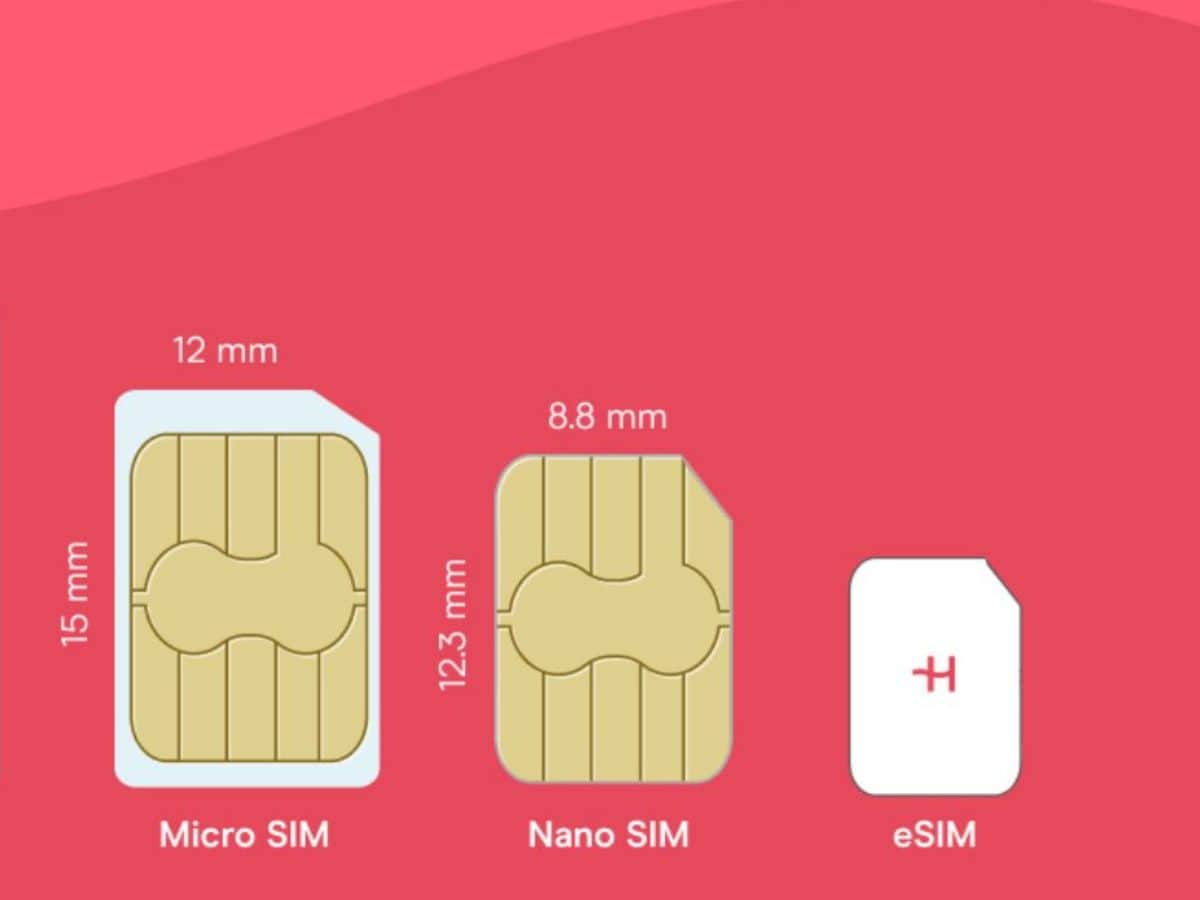This is Follow the Money, our weekly series that unpacks the earnings, business, and scaling strategies of African fintechs and financial institutions. A new edition drops every Monday.
If you earn $2,000 a month coding for a U.S. startup while living in Lagos, you will now have to pay taxes. From January 2026, Nigeria’s new tax laws will require remote workers and freelancers to pay income tax, just like traditional employees.
Salaries will be taxed at a maximum rate of 25%. At this rate, Nigeria’s personal income tax rate is lower than South Africa (45%), Kenya (35%), Egypt (27.5%), and Algeria (35%).
Nigeria signed the laws in June 2025 to remove bottlenecks around its tax process amid renewed revenue efforts. The country aims to increase its tax-to-GDP ratio to 18% by 2027 from less than 10%. The tax laws broaden the scope of taxable income to bring more people into the tax net.
Chapter Two, Taxation of Income of Persons, spells it out: “The income, gains or profits of an individual who is a resident of Nigeria are deemed to accrue in Nigeria and are chargeable to tax in Nigeria wherever they arise, and whether or not the income, profits or gains have been brought into or received in Nigeria.”
The law specifies that income, gain, or profit from employment is considered to be “derived from Nigeria” if the employee is a resident of Nigeria or the duties are performed wholly or partly in Nigeria, “and the remuneration accruing to the employee while in Nigeria is not duly liable to tax in the employee’s country of tax residence.”
The law also states that a Nigerian’s salary is taxable when they work abroad in a country that exempts their salary from tax under an agreement or diplomatic arrangement to which Nigeria is a party.
Nigeria has double tax treaty (DTT) agreements with Belgium, Canada, China, the Czech Republic, France, the Netherlands, Pakistan, the Philippines, Romania, Singapore, Slovakia, South Africa, Spain, Sweden, and the United Kingdom.
This means that if you are a Nigerian resident and you earn income from a country that has a DTT with Nigeria, the tax you pay abroad can be credited against the tax you owe in Nigeria, according to PwC.
The law offers relief if income has already been taxed in the company’s home country.
What you will pay
WhatsApp groups of remote workers have found life since the law was signed, with many concerned about how the law will impact their income. “The WhatsApp group for the Nigerians in my company is usually quiet, but it started buzzing with tax-related questions this week,” Tope Oladosu, a quality analyst at a US-based payroll company, told . “People want to know how much tax they will be paying from next year.”
Under the new act, annual taxable income is charged at these rates:
A remote worker earning $2,000 monthly (₦2.98 million monthly and ₦35.72 million annually) from a foreign job will pay roughly about 23% (₦684,599 monthly) as tax from 2026. However, taxable income is only calculated after deductions.
These deductions include contributions to the National Housing Fund, National Health Insurance Scheme, Pension Reform Act, annual premiums for any annuity or life insurance, and a rent relief of 20% (capped at ₦500,000 or $336).
According to Adewunmi Adewole, an accountant, taxes on income will be progressive from 2026, meaning lower income brackets will pay less than higher income brackets.. “People will be taxed progressively according to the tax rate using their annual income, after adjustments have been made. So their first ₦800,000 will still be exempted from tax.
She explained that Nigerian clients can deduct withholding taxes on behalf of freelancers. “But since foreign clients/employers can’t, the freelancer will have to declare/self-assess their tax by themselves at the end of the year,” she added.
Enforcement and penalties
Failing to register with Nigeria’s tax authority— the Nigeria Revenue Service, which replaces the Federal Inland Revenue Service by 2026—will result in a fine of ₦50,000 ($33.59) in the first month, then ₦25,000 ($16.79) for each additional month. Failing to file returns will incur a fine of ₦100,000 ($67.19) in the first month, followed by ₦50,000 ($33.59) for every subsequent month.
Tax authorities will investigate the information provided, and false declarations can lead to fines of up to ₦1 million or three years in prison, or both.
Under the new law, freelancers and Nigerians working for foreign companies will no longer fly under the radar. Starting in 2026, the tax authority expects you to register, file returns, and pay your taxes or face stiff penalties.
Note: exchange rate used: ₦ 1488.26/$
Mark your calendars! Moonshot by is back in Lagos on October 15–16! Meet and learn from Africa’s top founders, creatives & tech leaders for 2 days of keynotes, mixers & future-forward ideas. Get your tickets now: moonshot..com













